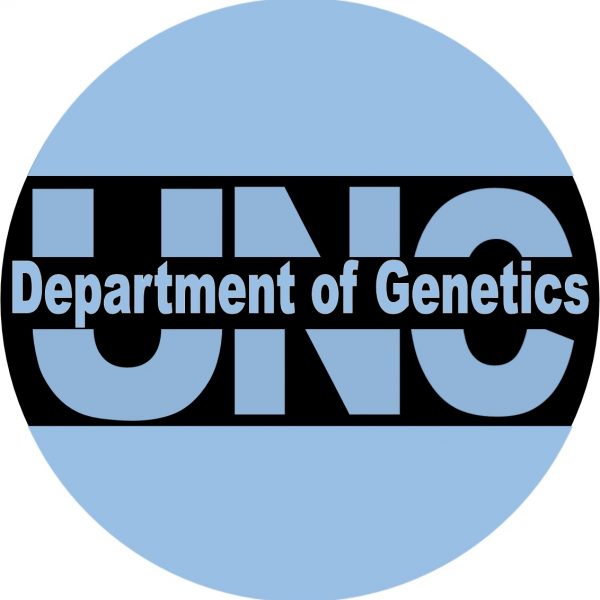Research Interests
Key words: human genetics and genomics, diabetes, obesity, lipids, complex diseases, genome-wide association studies, transcriptomics, and epigenomics
Identify Genetic Loci Associated with Complex Diseases and Traits
To identify genetic variants that confer disease susceptibility or influence variability in related traits, we conduct genome-wide association studies (GWAS) in human population studies. In recent years, we and our collaborators have used this approach to identify hundreds of new genetic loci associated with type 2 diabetes, obesity, cholesterol levels, metabolic traits, and cardiovascular risk factors. Large-scale meta-analyses and other multidisciplinary collaborations are key to many of these discoveries. We also study how genetic variants interact with environmental factors to influence the underlying biology of complex diseases and traits.
Characterize Disease- and Trait-Associated Variants
Loci identified by GWAS usually contain many variants in strong linkage disequilibrium with each other, and the genes responsible for most GWAS loci are unclear. We use computational approaches to identify candidate genes and candidate variants, especially at loci with putative regulatory mechanisms. Genome-wide data sets containing information about gene expression, chromatin structure, transcription factor binding, and epigenetic marks in human cells are important resources for identifying genes and regulatory regions. By generating and analyzing transcriptomic and epigenomic data sets, we identify regulatory elements and genes that vary due to genetic or environmental perturbation. We use these data to identify trait-associated variants likely to regulate gene regulation.
Investigate Molecular and Biological Mechanisms
For most loci identified by association studies, the underlying molecular and biological mechanisms remain unknown. Determining the biological basis for the associations of genetic loci with complex diseases and traits will improve our general scientific understanding of pathways contributing to disease etiology. We employ molecular and cellular biology techniques such as CRISPR/Cas-based genome editing to identify the functional variant(s) and gene(s) at these loci, explain the molecular mechanisms linking functional variant(s) to gene(s), and characterize the biological mechanisms linking gene(s) to metabolic traits.
Mentor Training:
- Bias 101
- Culturally Aware Mentoring
- Faculty Mentoring Workshop for Biomedical Researchers
- Mental Health First Aid
- REI Groundwater Training Phase 1
- Unconscious Bias Awareness
Training Program Affiliations:
- Bioinformatics and Computational Biology
- Genetics and Molecular Biology
Publications
Karen Mohlke in UNC Genetics News

March 17, 2024
Department of Genetics Publications for March 3rd – 16th, 2024
Department of Genetics faculty, postdocs, students and collaborators published 13 papers during March 3rd - 16th 2024.

March 3, 2024
Department of Genetics Publications for February 18th – March 2nd, 2024
Department of Genetics faculty, postdocs, students and collaborators published 11 papers during February 18th - March 2nd 2024.

February 19, 2024
Department of Genetics Publications for February 4th – 17th, 2024
Department of Genetics faculty, postdocs, students and collaborators published 12 papers during February 4th - 17th 2024.

February 5, 2024
Department of Genetics Publications for January 21st – February 3rd 2024
Department of Genetics faculty, postdocs, students and collaborators published 9 papers during January 21st - February 3rd 2024.

January 22, 2024
Department of Genetics Publications for January 7th – 20th 2024
Department of Genetics faculty, postdocs, students and collaborators published 12 papers during January 7th - 20th 2024.

September 11, 2023
Department of Genetics Publications for August 27th – September 9th, 2023
Department of Genetics faculty, postdocs, students and collaborators published 10 papers during August 27th - September 9th 2023.

August 14, 2023
Department of Genetics Publications for July 30th – August 12th, 2023
Department of Genetics faculty, postdocs, students and collaborators published 9 papers during July 30th - August 12th 2023.

July 30, 2023
Department of Genetics Publications for July 16th – 29th, 2023
Department of Genetics faculty, postdocs, students and collaborators published 8 papers during July 16th - 29th 2023.

July 28, 2023
Researchers Discover Genetic Locations for Increased Risk of Hidradenitis Suppurativa
UNC School of Medicine researchers Christopher Sayed, MD, Yun Li, PhD (Genetics), and Karen Mohlke, PhD (Genetics), discovered the genomic locations that contribute to the genetic risk of a chronic skin condition.

June 19, 2023
Department of Genetics Publications for June 4th – 17th, 2023
Department of Genetics faculty, postdocs, students and collaborators published 10 papers during June 4th - 17th, 2023.

